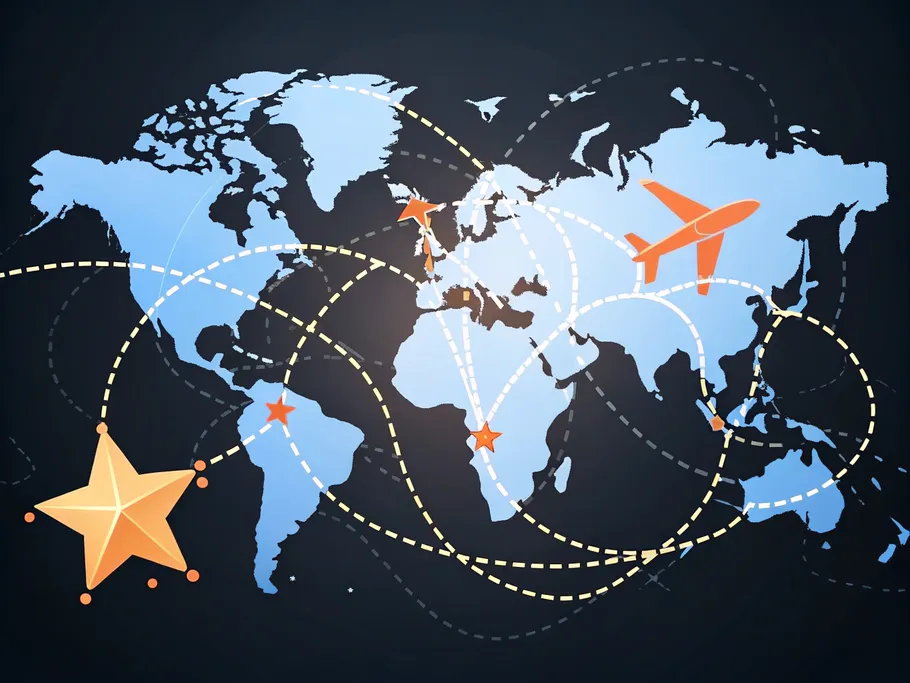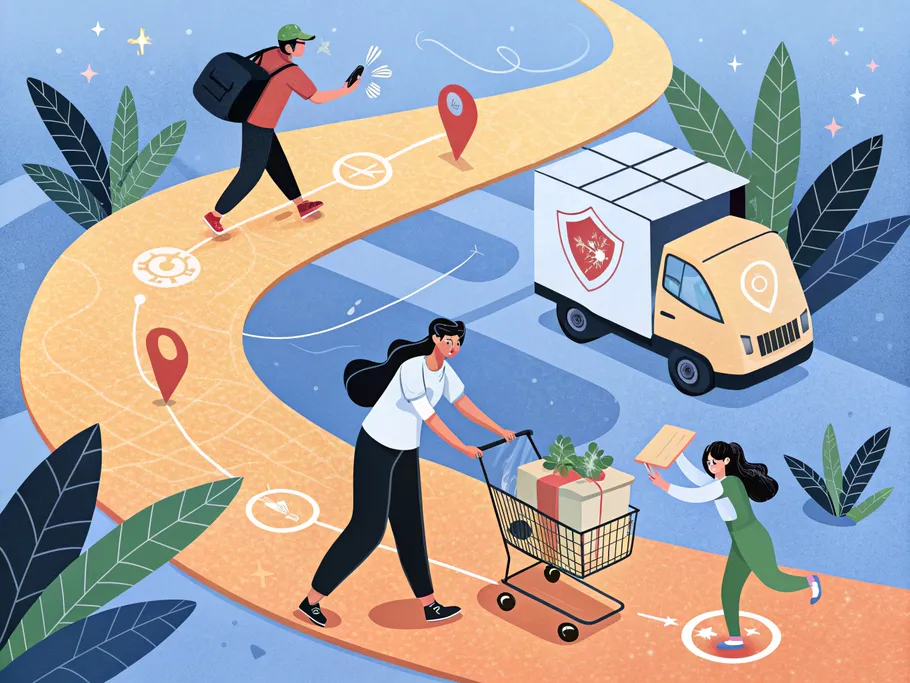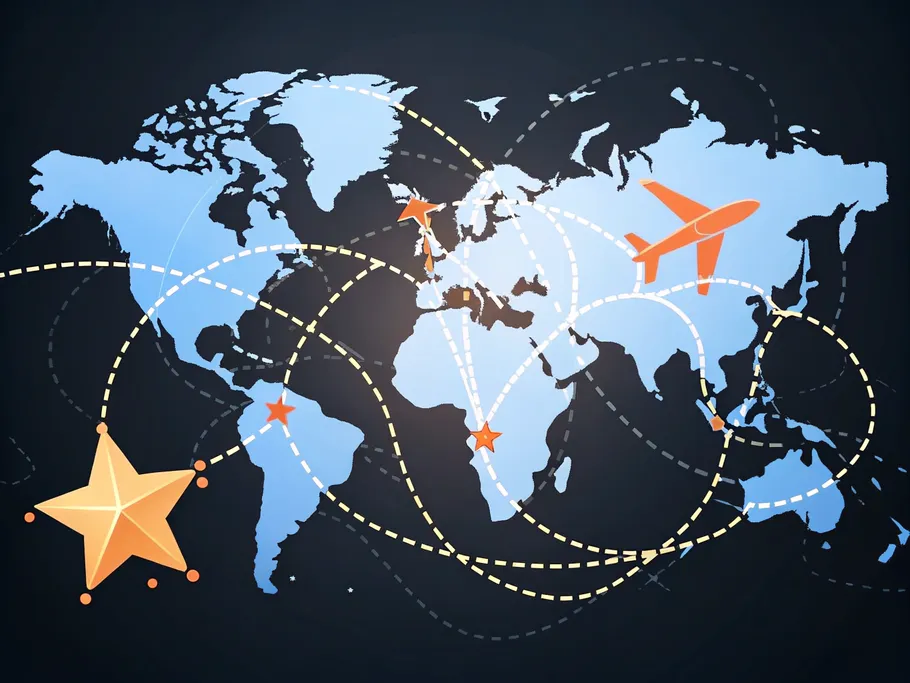 17 min read
17 min read
Confetti: A Startup Case Study – Transforming Corporate Team Building
Explore the Confetti entrepreneur success story. Learn how this corporate event management platform used a managed marketplace model and a…
Startup Case Studies: Lessons from Real Companies – Discover in-depth case studies on successful startups, exploring their business models, market strategies, funding, and growth tactics. Learn how innovative entrepreneurs build and scale their businesses.


 17 min read
17 min read
Explore the Confetti entrepreneur success story. Learn how this corporate event management platform used a managed marketplace model and a pivot to virtual events to solve major event planning challenges and boost corporate engagement for thousands of companies.

 17 min read
17 min read
Explore how Mindtrip is leading travel innovation with its AI travel planner. This case study reveals the startup growth strategies behind the platform that creates personalized travel itineraries, transforming how we plan trips. Discover the future of this leading travel tech startup.

 14 min read
14 min read
Discover how A.Team's business model innovation is reshaping talent acquisition. This case study explores their AI talent marketplace, which connects companies with elite 'Super Builders' and top tech talent to form high-performing product development teams, showcasing a true tech startup success story.

 16 min read
16 min read
Discover how Manifest AI is revolutionizing AI-powered ecommerce. This startup success story details how they enhance customer engagement and deliver personalized shopping experiences, turning passive visitors into loyal customers with 24/7 AI assistance on Shopify.

 14 min read
14 min read
Explore the West Tenth startup case study, a hyperlocal marketplace for women entrepreneurs. Learn about its marketplace business model, rapid growth, and the critical lessons behind why this promising community marketplace ultimately failed.

 16 min read
16 min read
Origin Financial's case study reveals how its B2B2C fintech business model tackles employee financial stress. Discover how this all-in-one personal finance platform, featuring an AI financial advisor and budgeting app, achieved rapid growth through strategic fintech partnerships.

 20 min read
20 min read
Oliver Space, a promising furniture rental startup, aimed to disrupt the market with a circular economy model. This case study explores its innovative furniture business model, significant funding, and the operational challenges that led to its ultimate startup failure and liquidation.

 22 min read
22 min read
Discover how Route App Inc. transformed the post-purchase journey with innovative e-commerce solutions. This case study explores their b2b2c business model, logistics tech, and growth strategies, from advanced package tracking to carbon-neutral shipping, offering key insights for modern merchants.

 17 min read
17 min read
Explore the Confetti entrepreneur success story. Learn how this corporate event management platform used a managed marketplace model and a…

 17 min read
17 min read
Explore how Mindtrip is leading travel innovation with its AI travel planner. This case study reveals the startup growth strategies…

 14 min read
14 min read
Discover how A.Team's business model innovation is reshaping talent acquisition. This case study explores their AI talent marketplace, which connects…

 16 min read
16 min read
Discover how Manifest AI is revolutionizing AI-powered ecommerce. This startup success story details how they enhance customer engagement and deliver…

Email subscription is available ONLY TODAY (oh, okay, and tomorrow).
Surely, we respect your inbox! Unsubscription works every day.

We’d love to tailor your experience — which of these best describes you?